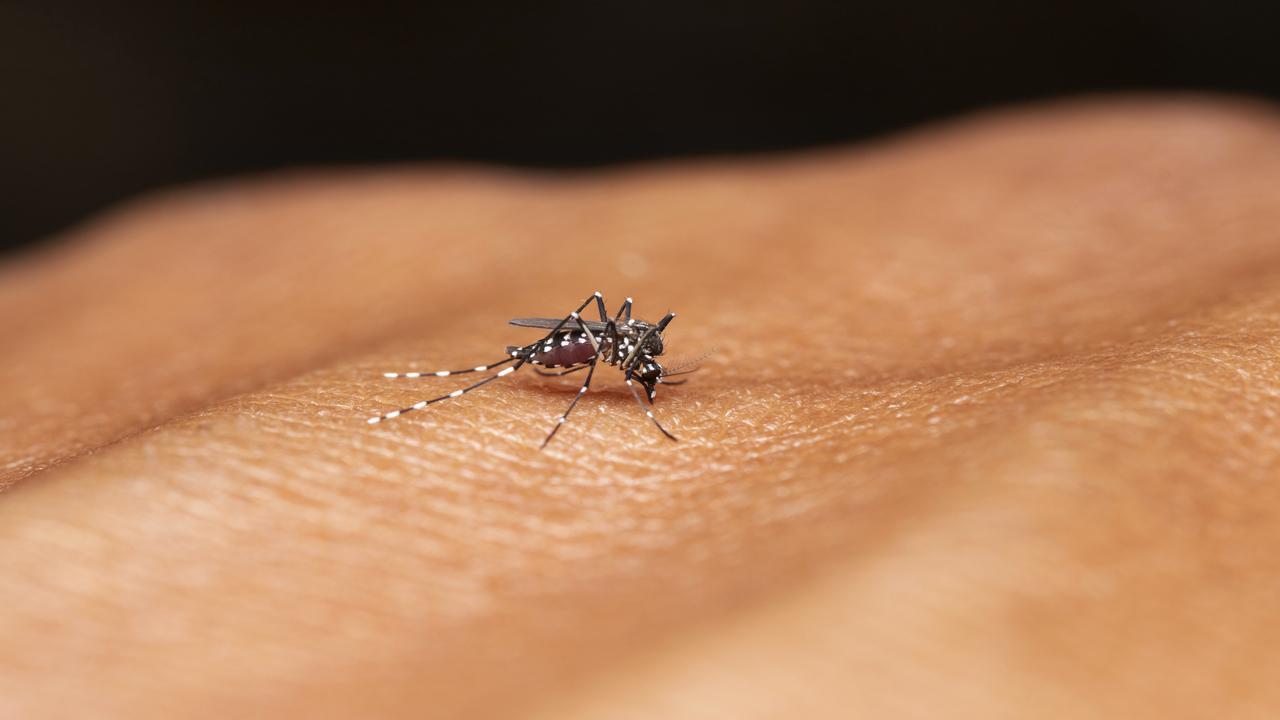According to a new UK-based study, sugar feeding prior to having an infected blood meal could protect a mosquito's ability to get infected and transmit arboviruses such as Zika, dengue and chikungunya. Dengue is a growing concern in India, at least 72 cases of dengue were reported in New Delhi and 130 in Mumbai in August

Representative Image.Pic/iStock
According to a new study, sugar feeding prior to having an infected blood meal could protect a mosquito's ability to get infected and transmit arboviruses such as Zika, dengue and chikungunya.
The finding, published in the journal PLOS Pathogens, could lead to the development and application of vector control strategies such as sugar baits, aimed at reducing arbovirus transmission.
Dengue is a growing concern in India. At least 124 cases of dengue have been reported in the Indian national capital this year, according to a civic report, released on Monday. The number of dengue cases for January 1 to September 4 period is also the highest this year since 2018 when the count had stood at 137 in the same duration. Mumbai also reported a huge spurt in dengue cases, up from just 10 in August last year to 130-plus in the same month this year. Malaria, dengue and chikungunya are accompanied with high fever and therefore, doctors feel that people might suspect that they have contracted COVID-19.
The research -- led by the MRC-University of Glasgow Center for Virus Research -- showed that the Aedes aegypti species of mosquito, an arbovirus vector, had enhanced immunity in the gut after feeding on sugar, which in turn protected females of the species against viral infection.
"This study is important because we've been able to show that sugar feeding by these mosquitos blocks an initial infection of an arbovirus and lowers infection prevalence and intensity, thereby decreasing the potential of female mosquitoes to transmit these viruses further," said Dr Emilie Pondeville, Molecular Entomologist at the MRC-University of Glasgow Center for Virus Research.
"Overall, our findings uncover a crucial role of sugar feeding in mosquito antiviral immunity, which in turn decreases the potential for spread of these arboviruses, which pose a significant threat to people," Pondeville said.
Male and female adult mosquitoes feed on plant nectar and sap to get carbohydrates for their energy reserves. In addition, mosquito females require a blood meal to reproduce.
For this reason they can act as vectors of numerous pathogens, such as the arboviruses like Zika, dengue and chikungunya viruses, which constitute a substantial worldwide public health burden. However, the influence of sugar on mosquito immunity and their ability to transmit viruses has not been explored until now.
Since Aedes aegypti female mosquitoes almost exclusively feed on blood in some natural settings, the findings suggest that a lack of sugar intake could increase the spread of mosquito-borne arboviral diseases; and highlights a possible explanation for high susceptibility and transmission of arboviruses by this mosquito species.
Also Read: Over 1,600 mosquito-breeding spots found in Navi Mumbai in July-August: Civic body
 Subscribe today by clicking the link and stay updated with the latest news!" Click here!
Subscribe today by clicking the link and stay updated with the latest news!" Click here!








